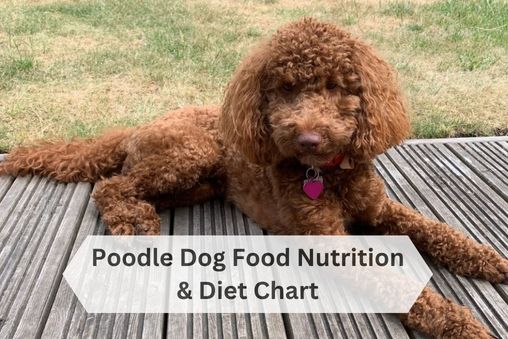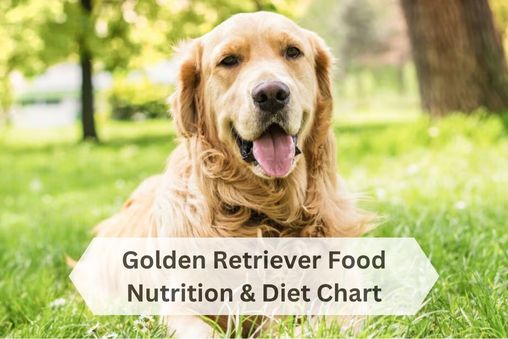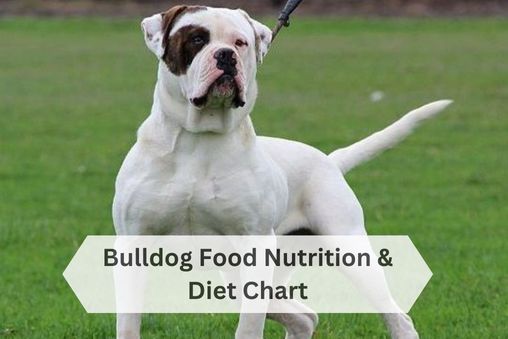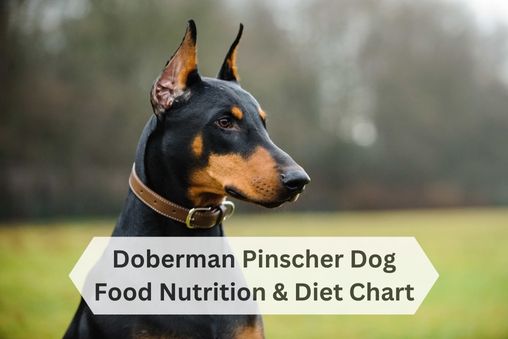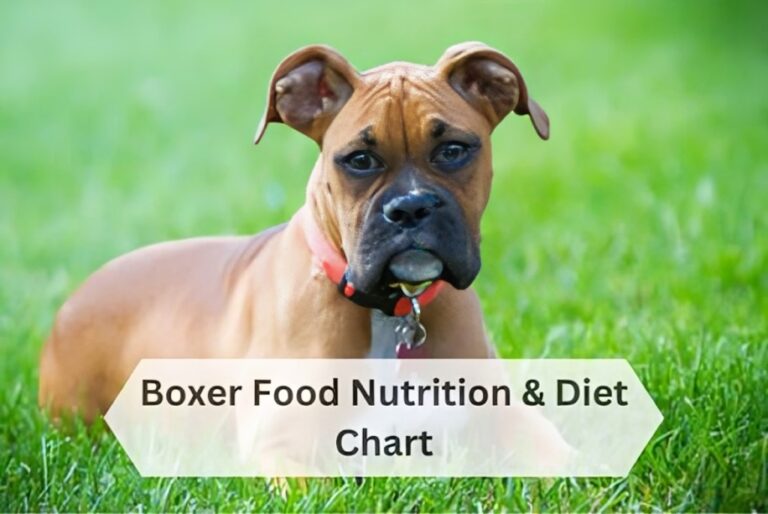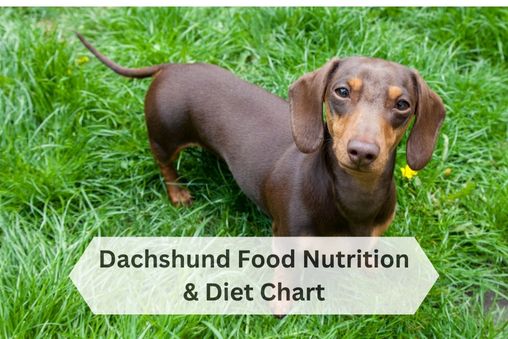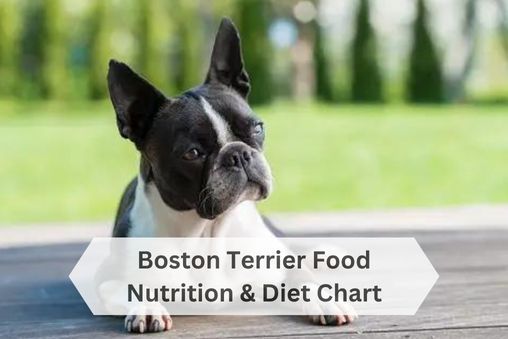Importance of Nutrition for Poodles
Proper nutrition is crucial for the overall health and well-being of Poodles. Poodles are an energetic and intelligent breed that require a balanced diet to maintain their energy levels and cognitive function. A nutritious diet can also help prevent common health issues such as obesity, dental problems, and skin allergies. By providing your Poodle with the right nutrients, you can ensure that they live a long and healthy life.
Key Nutritional Requirements for Poodles
Poodles require a diet that is high in protein to support their active lifestyle. Protein is essential for muscle development and maintenance, as well as for the production of essential enzymes and hormones. In addition to protein, Poodles also need a good balance of carbohydrates, fats, vitamins, and minerals to support their overall health. It is important to choose a high-quality dog food that is specifically formulated for small breeds like Poodles to ensure that they are getting all the nutrients they need.
Common Nutritional Deficiencies in Poodles
Despite their small size, Poodles are prone to certain nutritional deficiencies if not given a proper diet. One common deficiency in Poodles is a lack of omega-3 fatty acids, which are essential for healthy skin and coat. Without enough omega-3s, Poodles may develop dry, itchy skin and a dull coat. Another common deficiency is in vitamin D, which is important for bone health and immune function. Poodles who do not get enough vitamin D may be at risk for bone disorders and weakened immune systems. It is important to work with a veterinarian or pet nutritionist to ensure that your Poodle is getting all the nutrients they need to thrive.
Choosing the Right Dog Food for Poodles
When it comes to selecting the right dog food for your Poodle, it’s essential to understand their specific dietary needs and consider various factors to ensure they are getting the nutrition they require.
Understanding Poodle’s Dietary Needs
Poodles are a breed known for their high energy levels and intelligence, which means they require a diet that supports their active lifestyle and cognitive function. They are also prone to certain health issues such as skin allergies and digestive problems, so their diet should help address and prevent these issues.
Factors to Consider When Selecting Dog Food for Poodles
When choosing dog food for your Poodle, here are some important factors to consider:
- Protein content: Poodles need a diet high in quality protein to support their muscle development and overall health. Look for dog foods that list a high-quality protein source, such as chicken or fish, as the first ingredient.
- Fat content: Poodles require a moderate amount of healthy fats in their diet to provide energy and support their skin and coat health. Opt for dog foods that contain omega-3 and omega-6 fatty acids from sources like fish oil or flaxseed.
- Grain-free options: Some Poodles may have sensitivities to grains, so choosing a grain-free dog food may be beneficial for them. Look for options that use alternative sources of carbohydrates such as sweet potatoes or peas.
- Nutrient balance: Ensure the dog food you choose provides a balanced mix of vitamins, minerals, and antioxidants to support your Poodle’s overall health and well-being.
By considering these factors and understanding your Poodle’s specific dietary needs, you can make Poodle Diet Chart.
Poodle’s Complete Diet Chart
Poodles are a unique breed that require a specific diet to maintain their health and vitality. Here is a complete diet chart to help you ensure your Poodle is getting the nutrition they need:
Recommended Protein Levels for Poodles
Protein is essential for your Poodle’s muscle development and overall health. It is recommended that Poodles consume a diet that consists of at least 25-30% protein. Good sources of protein for Poodles include lean meats such as chicken, turkey, and fish.
Ideal Carbohydrate Sources for Poodles
Carbohydrates are an important energy source for Poodles. It is recommended that Poodles consume a diet that consists of around 50-60% carbohydrates. Good sources of carbohydrates for Poodles include whole grains such as brown rice, oats, and quinoa.
Essential Vitamins and Minerals for Poodles
In addition to protein and carbohydrates, Poodles also require a variety of vitamins and minerals to maintain their health. Some essential vitamins and minerals for Poodles include vitamin A, vitamin D, vitamin E, calcium, and phosphorus. These can be found in commercial dog foods or through supplementation.
Poodle Nutrition Chart, Feeding & Diet Guide
| Meal Time | Food | Portion | Nutrition (per serving) | Calories (per serving) |
|---|---|---|---|---|
| Morning | ||||
| Breakfast | High-quality dry kibble (for small breeds) | 1/2 cup | Protein: 15g, Fat: 8g, Carbs: 20g | 200 |
| Cooked chicken or turkey (boneless, skinless) | 1/4 cup | Protein: 10g, Fat: 5g | 100 | |
| Diced carrots or green beans | As desired | Fiber: 2g, Vitamins: A, C | 20 | |
| Afternoon | ||||
| Midday Snack | Sliced apples or strawberries | Small handful | Fiber: 3g, Vitamin C: 10mg | 30 |
| Low-fat cottage cheese | 2 tablespoons | Protein: 5g, Calcium: 50mg | 50 | |
| Evening | ||||
| Dinner | Cooked salmon or white fish | 4 oz | Protein: 20g, Fat: 10g | 200 |
| Brown rice or quinoa | 1/4 cup | Carbs: 15g, Fiber: 2g | 100 | |
| Steamed broccoli or spinach | As desired | Fiber: 3g, Vitamins: A, K | 30 | |
| Bedtime | ||||
| Late Snack | Pumpkin or sweet potato puree | Small serving | Fiber: 2g, Vitamin A: 2000 IU | 50 |
| Natural almond butter (unsalted) | 1 teaspoon | Protein: 3g, Healthy fats: 5g | 50 |
Additional Tips:
- Customize your Poodle’s diet chart based on their individual profile, including age, weight, activity level, and any existing health conditions.
- Monitor your Poodle’s weight and adjust their meal plan as necessary to maintain a healthy body condition.
- Consult with a veterinarian or canine nutritionist to develop a personalized diet chart that best suits your Poodle’s unique requirements.
- Ensure your pet has access to fresh, clean water at all times.

